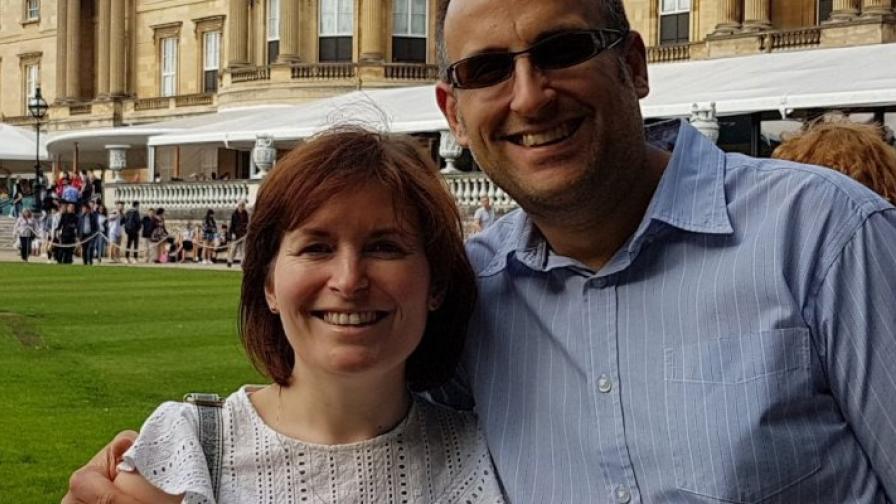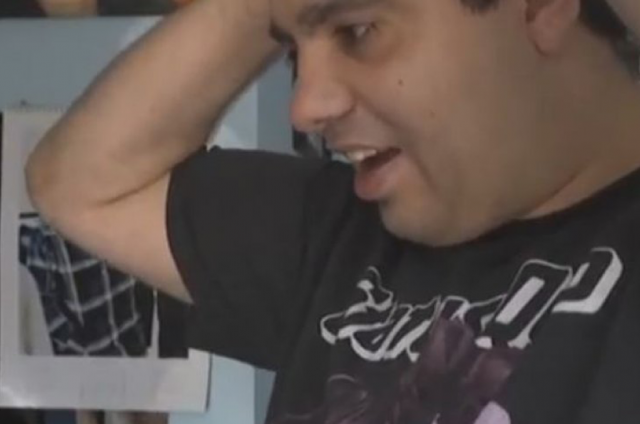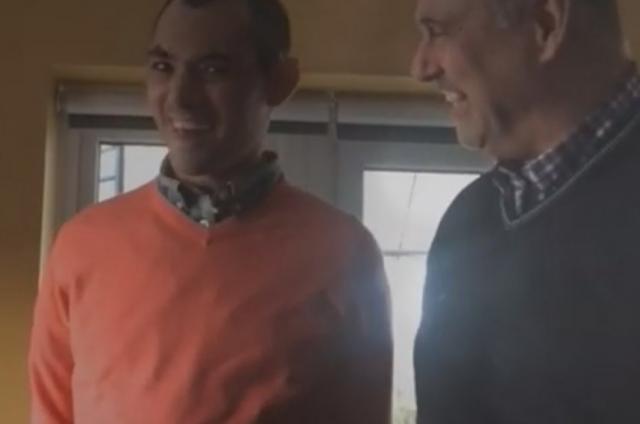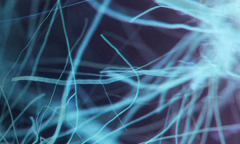Billy and Danny Knight's story
Billy and Danny Knight are both in their early thirties and suffer from a creatine deficiency. This means that they don’t produce a substance called creatine which produces energy to our brains. This causes their seizures.
Anna's story
Anna Coe has undergone 27 years of different medications and brain surgery to try to control her epilepsy. She has often felt that the trial and error of different medication changes has led her down dead ends and left her feeling exhausted.

"I have had 27 years of trial and error with so many different medications, or combinations of medications," she says. "In 2011 I underwent surgery to remove the part of my brain that was causing my seizures - that worked for two and a half years, but then my seizures returned."
But now, after almost three decades of treatment, Anna is hopeful that her neurologist may have found the cause of her epilepsy and that this could open up new, more focussed treatment options for her.
Anna has had her DNA sequenced as part of the 100k Genomes Project and her neurologist, Professor Sanjay Sisodiya, Professor of Neurology at UCL Queen Square Institute of Neurology and Director of Genomics at Epilepsy Society, is hopeful they may be able to pinpoint the cause of her epilepsy.
Our research
Neuropathology
The Epilepsy Society Brain and Tissue Bank is the first of its kind in the UK. It is dedicated to the study of epilepsy through brain and other tissue samples.
Genomics
Read how we are working to understand the genetic architecture of each individual person's epilepsy through our world leading genomics research programme.
Neuroimaging
Neuroimaging enables us to look deep inside the brain to learn more about the impact of seizures on its structure and function.





